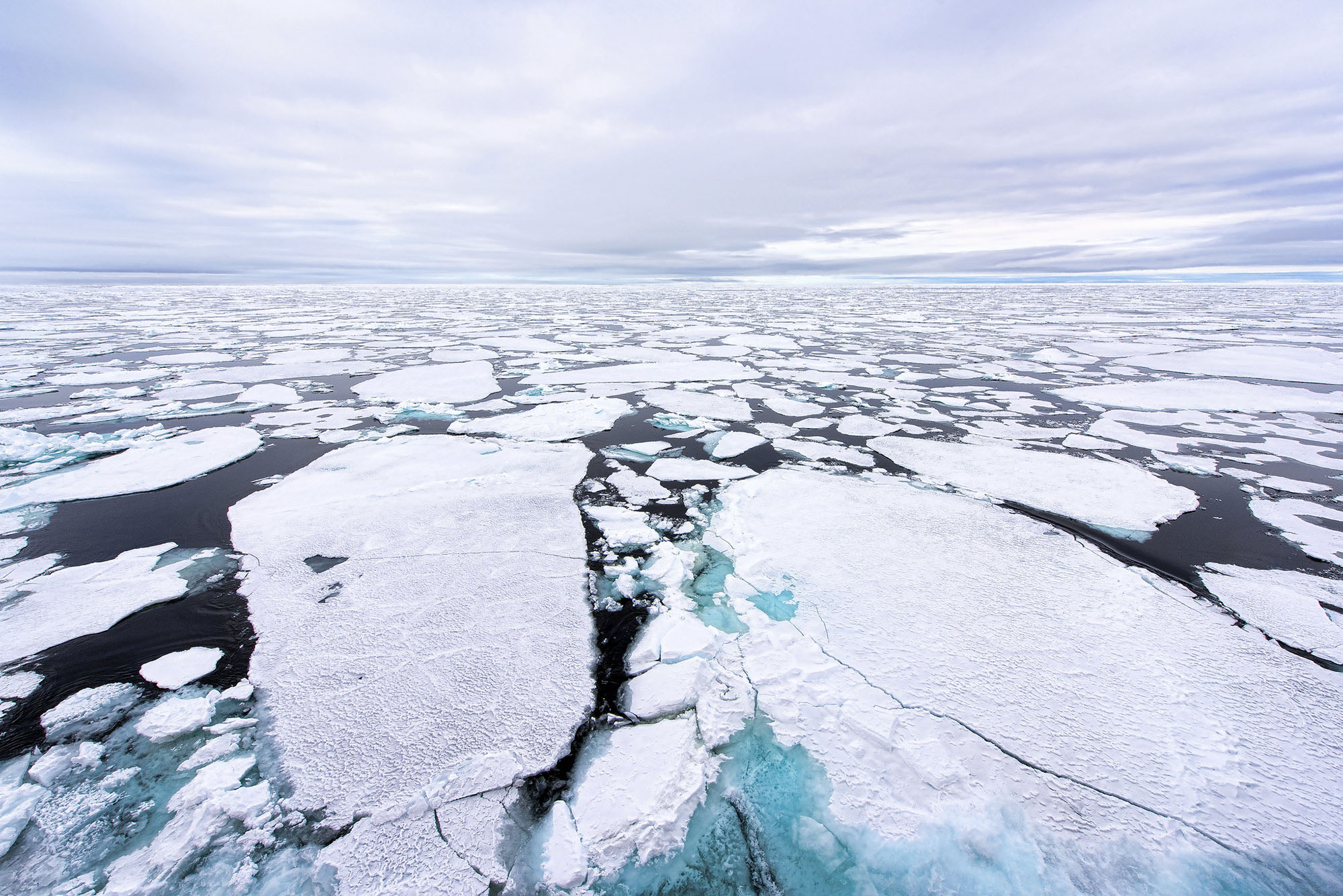The seminar will be held at 221 Nassau Street, 2nd Floor, from 12:30 to 2:00 p.m.
You are welcome to bring your lunch. There is no need to RSVP.
In January 2020, the Bulletin Atomic Scientists Doomsday Clock was set at 100 seconds to midnight, the closest it has ever been to catastrophe. One factor in setting the Doomsday Clock each year since 2007 has been the unmet challenge of climate change. It’s been 30 years since a UN multilateral climate governance process was launched. In that time, greenhouse gas emissions have more than doubled, climate change impacts have become undeniable, and political polarization has gotten a stranglehold on climate policy in the US and elsewhere. Visions of the future span an extreme range -- from a seamless low-carbon technological upgrade to an inevitable catastrophe of existential proportions. Both visions have a kernel of plausibility. This talk will offer the perspective that how things ultimately unfold will depend on whether global society responds effectively along three key dimensions: technology, transparency, and equity. Technology will need to be deployed to curb GHG emissions. Transparency is required to keep the world on track. And equity, in some form, is fundamental to a consensus on a stable global response.
About the speaker: Sivan Kartha is a Senior Scientist at the Stockholm Environment Institute and serves on the Science and Security Board of the Bulletin of the Atomic Scientists. He was previously a Researcher at Princeton’s Center for Energy and Environmental Studies. His work for the past twenty-five years have focused on technological options and policy strategies for addressing climate change, concentrating most recently on equity and efficiency in international cooperation on Climate change. He has also worked on greenhouse gas mitigation scenarios, market mechanisms for climate actions, and technical, environmental and socioeconomic dimensions of biomass energy. His work has enabled him to advise and collaborate with diverse organizations, including the Secretariat of the UN Framework Convention on Climate Change, various UN and World Bank programs, foundations, and civil society organizations throughout the developing and industrialized world. He served as a Coordinating Lead Author of the Fifth Assessment Report of the Intergovernmental Panel on Climate Change and Lead Author on the ongoing Sixth Assessment Report. and as co-Director of the Climate Equity Reference Project. Sivan has PhD in theoretical physics from Cornell University.
